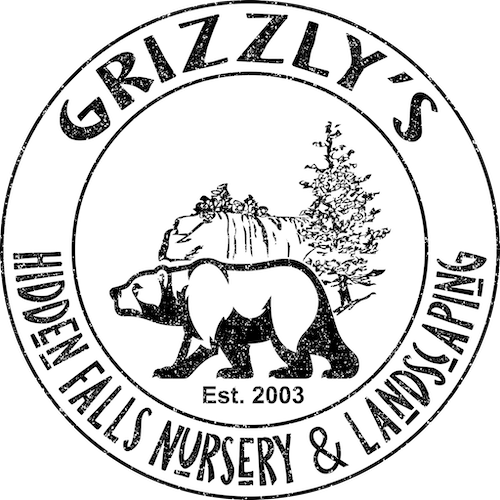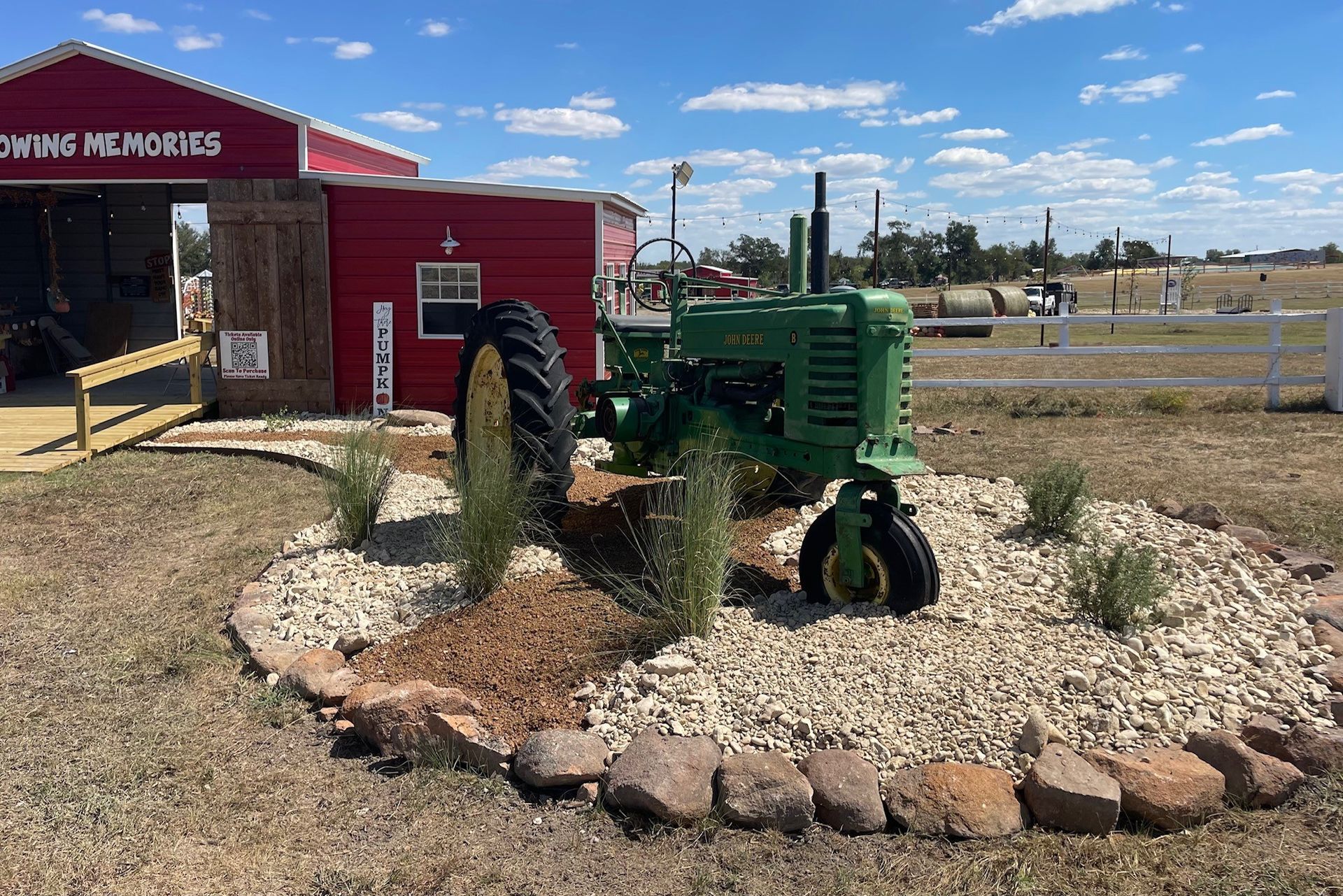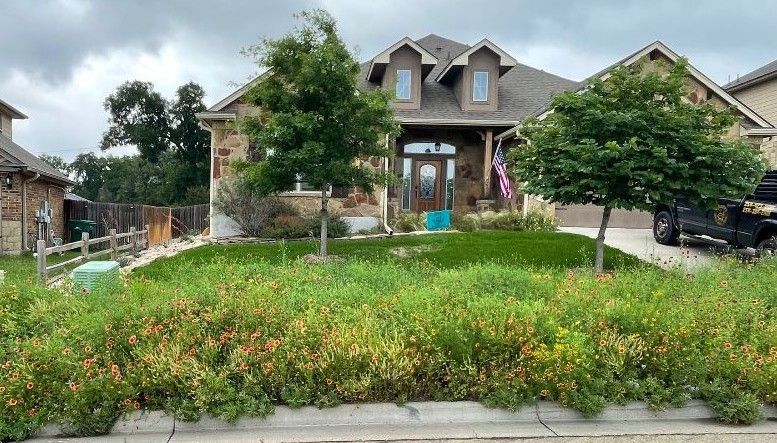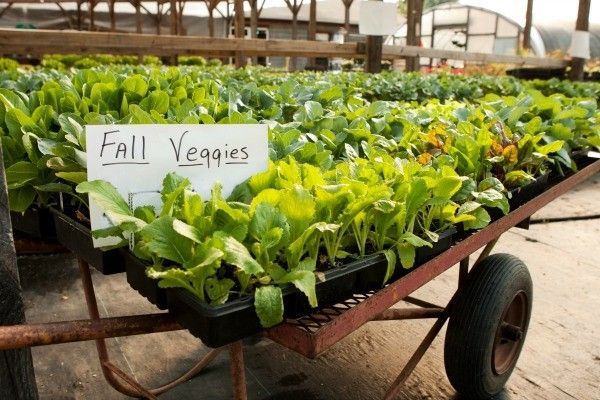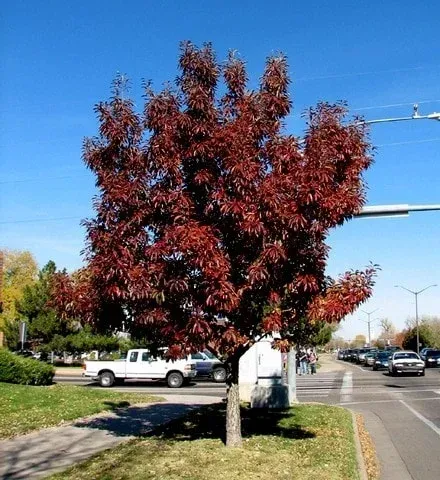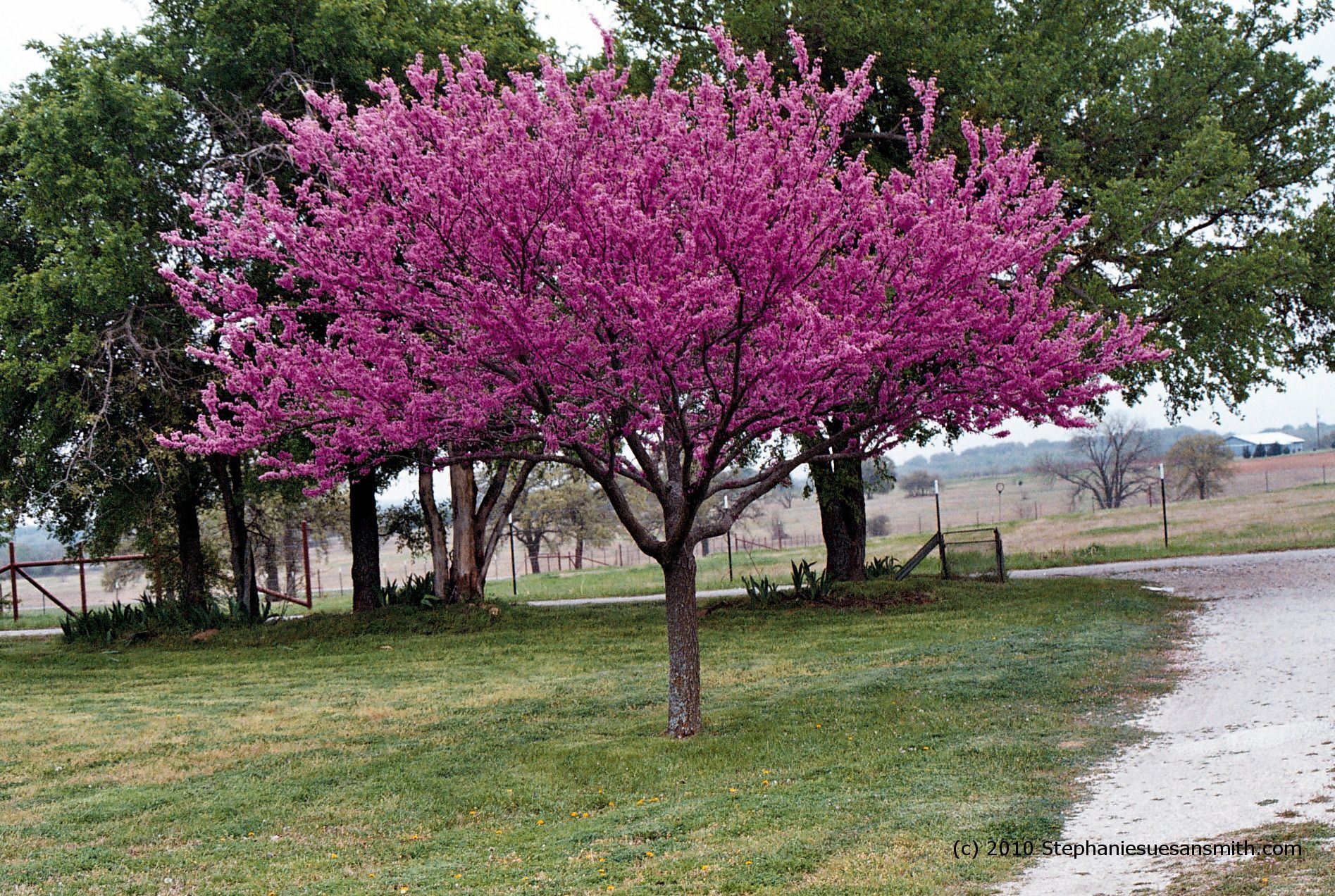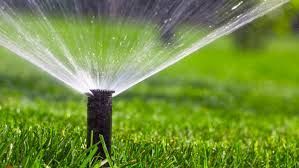It's February so Get Busy
So You Want to Start Your First Garden? Here's How to Begin Without Getting Overwhelmed
Starting a garden is rarely just about the plants. Something deeper kicks in when your hands hit the soil, a kind of grounded clarity that doesn’t come from reading about it. The trick is knowing where to begin when the options seem endless and the advice feels contradictory. Forget perfection; start small, start messy, but start with care. Think of this not as landscaping but as crafting a relationship with time, weather, and life itself. The dirt doesn’t care if you know everything; it just wants to be used.
The Emotional Benefits No One Tells You About
There’s a strange magic in planting something and watching it live. Gardening forces you to slow down, make a decision, and wait. That process alone builds emotional resilience through small wins, the kind that rewire how you relate to stress and setbacks. It's not a stretch to say that nurturing a tomato seedling can teach you more about patience than any productivity hack ever could. And yes, the dopamine hit when the first sprout breaks through? Real.
Map Before You Dig
Most first-timers get this wrong: they plant before they plan. Resist the urge to grab tools and seeds without sketching out your space. Even if your “yard” is a single balcony, you’ll avoid frustration if you measure your beds on graph paper first. Knowing your sun patterns, drainage quirks, and available square footage will help you design a layout that doesn’t need redoing mid-season. That quiet little exercise — sitting with a pencil and imagining growth — sets the tone for everything that follows. Your garden begins the moment you visualize it.
Start With the Soil, Not the Seed
You wouldn’t bake a cake in a greasy pan. Same goes here; the foundation matters. Before buying a single seed packet, test your soil’s texture and prep it properly. For beginners dealing with weedy or compacted beds, one simple strategy is to solarize your beds with plastic covers for a few weeks to kill off stubborn roots and pests. After that, layering in compost or topsoil makes a world of difference. Seeds may be cheap, but wasted time and wilted starts are not.
Choose What Thrives, Not What Looks Cute
Forget Pinterest gardens. Your job as a first-time grower is to build confidence, not curate Instagrammable plots. So start with hardy herbs like basil that forgive irregular watering and inconsistent sunlight. These are your training wheels — fast-growing, useful, and aromatic. Plus, harvesting your own seasonings feels like cheating in the best way possible. Later, when your habits are formed and your hands have learned their rhythms, the fussy stuff can come. But at the start? Go with what wants to live.
Water Like a Pro (Not a Helicopter Parent)
Here’s where most new gardeners either drown their plants or forget about them altogether. A good default rule: Aim for deep watering three times weekly unless you're in a heatwave. That encourages the roots to grow downward, making your plants more resilient. Skip the daily light spritzing; it evaporates fast and promotes weak, shallow roots. Also, water early in the morning or late in the evening to minimize evaporation and sun-scorch. And yes, get a cheap rain gauge; it’ll teach you more than any app.
Document the Process
You’ll think you’ll remember which seed went where. You won’t. You’ll swear you’ll remember which soil mix worked best. You won’t. That’s why it’s smart to digitize handwritten garden notes with ease. Use a free scanner app to snap your sketches, seed labels, or plant tags and organize them in one place. A digital log lets you track progress, mistakes, and wins over time, and next spring, when you forget what worked, it becomes your gardening time capsule.
Local Nurseries > Big Box Stores
Buying your first plants isn’t just a transaction, it’s your first real dialogue with your garden. And nobody supports that better than your local nursery. The staff at Grizzly's Hidden Falls Nursery & Landscaping won’t just sell you what’s pretty. They’ll walk you through which perennials survive your winters, which herbs do best in pots, and which pests to watch for in your zip code. Unlike online carts, they’ll ask you what you want out of your garden. That kind of question can change everything.
Pests Will Come
You don’t have to douse everything in chemicals to keep bugs at bay. The truth is, your garden can defend itself with a little help. Techniques like floating row covers and companion planting create a
line of defense that doesn’t mess with your soil or local pollinators. Learning to live with “some” pests while protecting your core plants is part of the psychological game here. You’re building an ecosystem, not a fortress. And when you realize that a ladybug solved what a pesticide couldn’t? That’s wisdom earned.
Every seasoned gardener was once a beginner staring at an empty patch of ground. The difference isn’t talent, it’s iteration. You’ll plant things too early, you’ll water too much, and something will eat your kale. Good. That’s the work. A garden doesn’t reward perfection; it rewards presence. And once you accept that, your second garden will already be better than your first.
Transform your outdoor space into a vibrant oasis with Grizzly’s Hidden Falls Nursery & Landscaping, where expert advice and a stunning selection of native plants await you!
